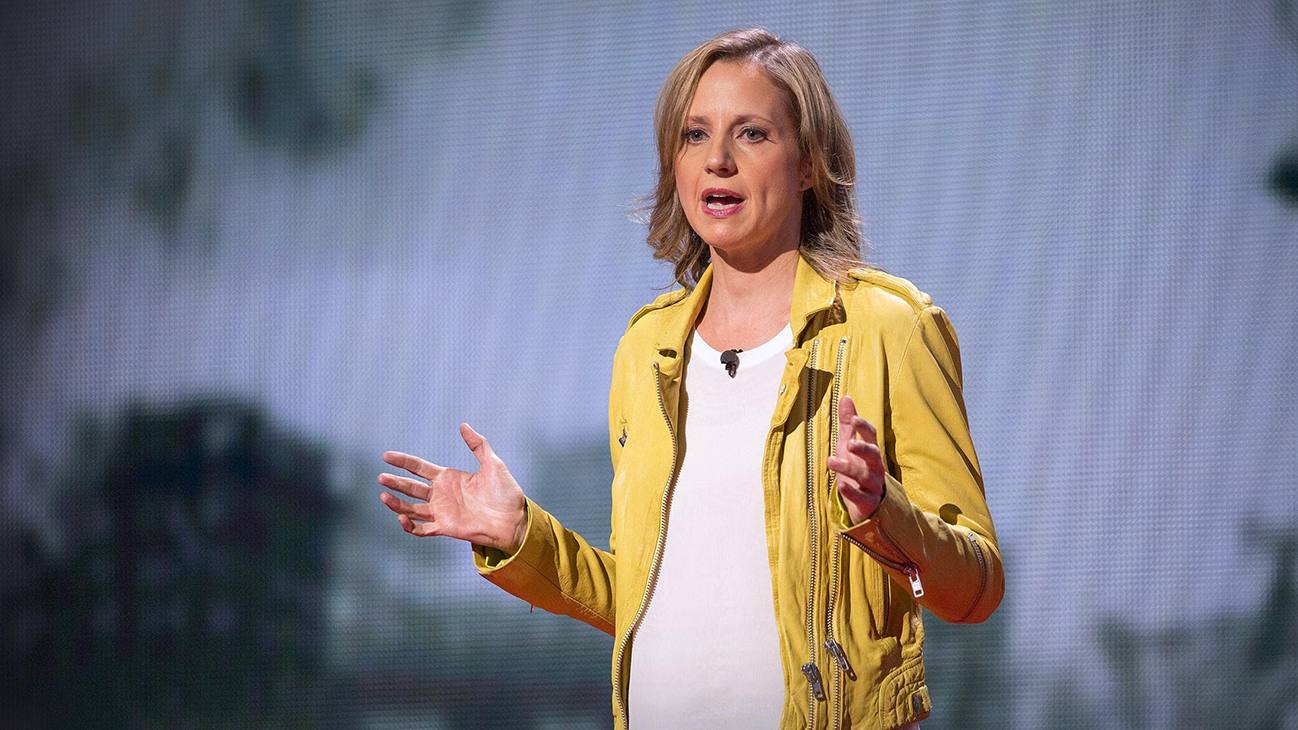For over 15 years Dr. Samantha Nutt has been at the front lines of many of the world’s major crises, in countries such as Iraq, Afghanistan, Somalia, and Darfur as a medical doctor and a founder of the internationally renowned non-profit War Child. These experiences have given her unique insights into the brutality of modern conflict: why it begins, what sustains it, and what must be done to prevent children being held in its terrifying grip.
She applies her knowledge to the gun violence crisis in the United States. Writing in The Toronto Star she examines where the main roadblocks live and how others have overcome them:
Once again, we Canadians are left looking on aghast as our neighbours in America respond to yet another mass school shooting. As the survivors plead for urgent change, America’s leaders contort facts and logic to propose ever more bizarre solutions – including the suggestion that the problem isn’t too many guns, it’s that there aren’t enough.
President Donald Trump calling on teachers to arm themselves in response to America’s mass shooting epidemic doesn’t just put more students’ lives at risk. It also weaponizes what should be safe, non-threatening environments for children and turns them into war zones.
Students in high schools and colleges across the United States – the front line in mass shootings – are taking note. I hope they will continue to mobilize, knowing that legislators feel no remorse in selling them out to gun manufacturers.
That’s how little their lives are worth to them: a few days of hand-wringing and ritualized fatuities about thoughts and prayers, but not enough to reject NRA propaganda, or ban AR-15s, or make weapons sales even slightly more restrictive. The kids are not all right, because they are being hunted down in places that should offer them comfort and acceptance, and the very people tasked with protecting them are condemning them to more violence and atrocity.
To be clear on this point: mass shootings are not a people problem. They are a gun problem. Americans, according to a study by University of Alabama professor Alan Lankford and profiled in the New York Times, own 42 per cent of the world’s guns. The same article points out that the only country with a higher rate of mass shootings was Yemen, which has been entangled in a brutal civil war for the past three years.
Mass shootings happen in the United States with more frequency and lethality than in any other developed nation in the world. And the biggest, most consistent, variable in that equation? The ease and availability of guns, especially powerful weapons that can be efficiently automated to murder dozens of civilians in a matter of seconds.
…
The evidence is clear and incontrovertible: every developed nation that has imposed stricter gun control in the wake of mass shootings saw a precipitous decline in mass shootings and other gun-related deaths.
In Australia. mass shootings dropped by 93 per cent after a successful government gun “buy-back” program following the 1996 Port Arthur massacre, which saw 35 people slaughtered.
In the United Kingdom, after strict gun-control measures were introduced in the wake of the Dunblane massacre of 15 kindergartners, there has not been another mass shooting in the 22 years since.
Here in Canada, where we have looser gun laws than the U.K. but tighter controls relative to the United States, gun-related homicides are eight times fewer per capita.
There is only one thing that Newtown (26 dead), Orlando (49 dead), Las Vegas (58 dead), and Parkland (17 dead) have in common: semi-automatic weapons. The shooters all spanned different ages and backgrounds. Not all had a history of mental health issues. Their motivations were, on the whole, considerably different. What correlates in this violent equation is the guns, not the people.
Read the full article here.

